CLASSICAL ACUPUNCTURE
The most important thing in acupuncture is that the medicine has to match the person. I adapt each treatment to fit the unique needs of my patients. So, to understand acupuncture, we have to look at how Chinese medicine views the person.
In acupuncture and Chinese medicine, we start by looking at the body holistically. The focus is on all the dynamic connections in the body. Every part of a person is in constant communication with every other part. The term we have in Chinese medicine to describe these living relationships is qi.
Qi isn’t only the vibrant energy of the body, as it’s become known in the West, but it's a way of describing the body’s intercommunication on every level. The blood flowing in your veins is also a form of qi. In acupuncture and Chinese medicine, we look at the body, spirit and mind as being inseparable.
Whether the problem is in the body or mind, acupuncture can bring balance and harmony by treating the qi. Acupuncture does this by treating the places on the body that we’ve found have a powerful effect on the body’s own self-regulation. These are the famous acupuncture points.
Studies in China and Europe have found that acupuncture points can have a dramatic effect on regulating neurotransmitters in the brain. Since acupuncture can balance brain chemistry, it’s no wonder that acupuncture can have a powerful effect on the body and mind!






